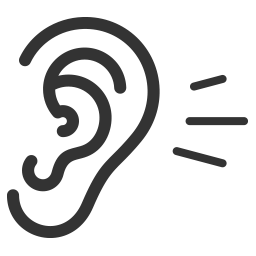Effective vertigo management hinges on addressing the underlying cause and alleviating symptoms. Treatment strategies can be broadly categorized into medical, surgical, and rehabilitative approaches.

Pharmacological interventions are often the first line of treatment. Antihistamines, such as meclizine, can help reduce vertigo symptoms by suppressing the vestibular system. Diuretics may be prescribed for Meniere's disease to reduce fluid buildup in the inner ear. In cases of vestibular neuritis, corticosteroids can help reduce inflammation.

The Canalith Repositioning Procedure (CRP) is designed to treat benign paroxysmal positional vertigo (BPPV) through induced out-migration of free-moving pathological densities in the endolymph of a semicircular canal, using timed head maneuvers and applied vibration.

Surgical options are considered when medical management fails. Endolymphatic sac decompression for Meniere's disease, or vestibular nerve section for intractable vertigo can provide significant relief.

Physical therapy plays a crucial role in managing vertigo, especially for conditions like BPPV and vestibular neuritis. Vestibular rehabilitation exercises aim to improve balance and reduce dizziness by retraining the brain to compensate for inner ear dysfunction. Techniques such as the Epley maneuver for BPPV can reposition dislodged calcium crystals, providing rapid symptom relief.
Educating patients about their condition is a fundamental aspect of effective vertigo management. Understanding the nature of vertigo, its triggers, and lifestyle modifications can empower patients to take an active role in their treatment. Key educational points include:
**Trigger Avoidance**: Identifying and avoiding triggers, such as specific head movements or dietary factors, can help reduce the frequency and severity of vertigo episodes.
**Lifestyle Modifications**: Encouraging patients to maintain a healthy lifestyle, including regular exercise, adequate hydration, and stress management, can contribute to overall well-being and reduce vertigo symptoms.
**Emergency Preparedness**: Educating patients on recognizing warning signs of severe vertigo episodes and when to seek immediate medical attention is crucial for preventing